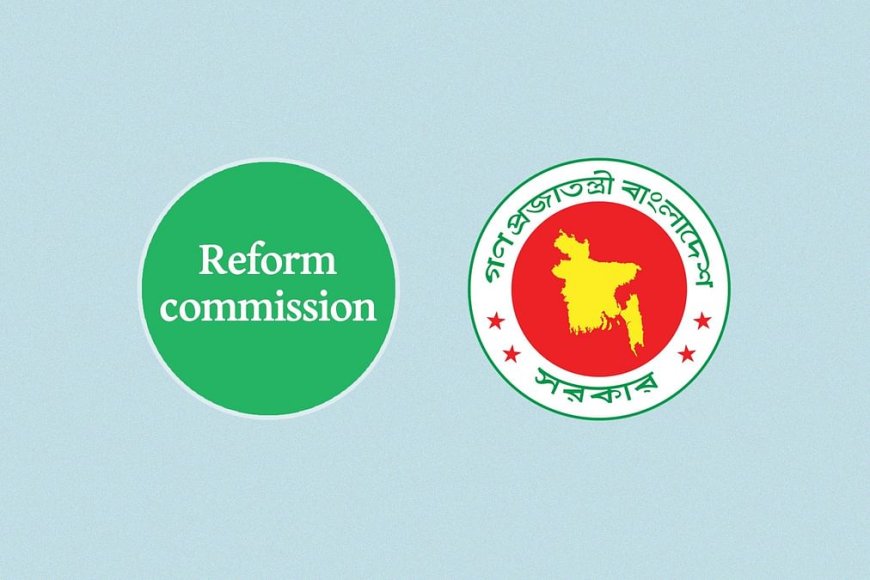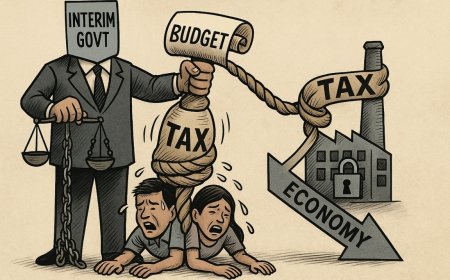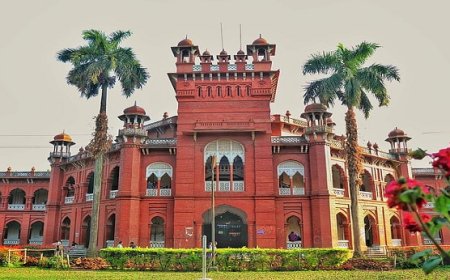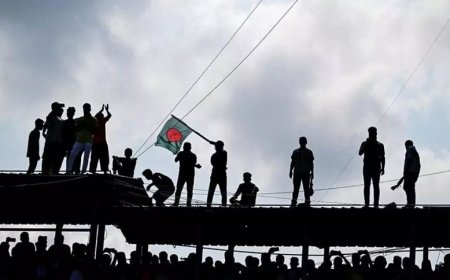What challenges are faced in implementing administrative reform?
Lasna Kabir Syeda & Esa Ibn Belal Mohammad

The history of administrative reform commissions in this region spans back to the British colonial era, which saw the establishment of several reform commissions aimed at creating a robust administrative structure. Noteworthy commissions from this period include the Aitchison Commission (1886), Islington Commission (1912), Lee Commission (1924), and Simon Commission (1930).
These commissions sought to integrate the local population into administrative roles and establish a bureaucracy capable of upholding British governance. Although some reform efforts were initiated during Pakistan's rule, they had limited impact due to the prevailing military rule and lack of democracy.
In post-independence Bangladesh, multiple commissions were introduced to address administrative reform and restructuring. Following independence in 1971, Sheikh Mujibur Rahman formed the 'Civil Administration Restoration Committee' for restructuring. This was followed in 1972 by the formation of the 'Administrative Re-Organization Committee' and the 'National Pay Scale Commission,' leading to ministry reorganization, the establishment of constitutional institutions, and the creation of a new salary structure.
Under Ziaur Rahman's leadership, the 'Pay and Service Commission' was established to restructure administration and improve salary frameworks. His successor, Hussain Muhammad Ershad, introduced ten additional reform commissions, including the 'Martial Law Committee,' 'Administrative Reform and Reorganization Committee (CARR),' and the 'National Pay Commission.' Key reforms during this period included upgrading police stations to upazilas and revising the salary structure.
After the return of democracy in 1991, the BNP government formed a reform committee for administrative restructuring, though it failed to issue recommendations. In 1996 and 1997, the Awami League government established the Administrative Reform Commission (ARC) and Public Administration Reform Commission (PARC) to promote transparency, accountability, and efficiency. In 2005, the BNP government passed the "Tax Ombudsman Law" to enhance financial transparency. The caretaker government that followed created the 'Regulatory Reform Commission' in 2007 to separate the judiciary from the executive.
When the Awami League returned to power in 2009, it introduced a performance-based evaluation system (PBES) for administrative reform to improve public participation and administrative efficiency. However, most commission recommendations have gone unimplemented. Several factors contribute to the lack of effective reform.
One major factor is the absence of political commitment. Political parties often promise administrative reform during elections but rarely follow through once in office. Consequently, most reforms remain unfulfilled, denying the public any real benefits.
Second, the legacy of colonial bureaucratic structures still influences Bangladesh's administration, which remains highly centralized and opaque. Officials often view reform as a threat to their power and privileges, obstructing reform efforts.
Third, when individuals with business interests enter politics, they often oppose reforms that might affect their interests, impeding administrative progress and public welfare.
Fourth, patron-client relationships undermine administrative neutrality. Officials loyal to the ruling party are promoted, while others are sidelined, reducing administrative effectiveness. This favoritism, alongside limited institutional capacity, further hinders reform implementation.
A lack of public participation also poses a significant challenge. Successful reforms require input from relevant stakeholders, yet officials often disregard public feedback. Even when consultation occurs, recommendations are rarely acted upon. This absence of citizen engagement weakens reform initiatives.
The current interim government is unique in Bangladesh's history, as it operates without direct political party support and focuses on state reform. This neutrality provides an opportunity for meaningful development, though its long-term role remains uncertain. Short-term reforms paired with a long-term vision for comprehensive development are essential.
A fundamental shift in administrative culture is needed to make public administration more citizen-focused. The bureaucracy created during British rule was designed for control rather than service to the public. Post-1991 democratic reforms saw politicization of the bureaucracy, especially after 2008, when officials aligned with the ruling party were promoted, creating a disconnect between the administration and the public.
The current reform agenda aims to create a more citizen-oriented administration, though this goal is challenging. Historically, the administration's primary function was to enforce government directives rather than serve the public.
To shift administrative culture, training programs emphasizing public service and accountability are essential. Officials must recognize that their role is to serve the public, not merely uphold government directives. Establishing accountability to the public would enhance both efficiency and citizen-focused governance. Currently, administrative accountability is limited to senior officials, with no direct accountability to the general public, which often results in inadequate service delivery.
Direct public participation in administrative activities can be promoted by introducing feedback mechanisms, such as complaint boxes or online submission systems in government offices. This would encourage officials to address grievances and uphold their responsibilities more effectively. The government and Anti-Corruption Commission could analyze complaints to identify and address corruption within the administration.
In Bangladesh's public administration, cadre-based conflicts—primarily between general and specialized officials—have persisted. General officials typically hold executive roles, while specialized officials are often restricted to technical positions, leading to dissatisfaction. To resolve this issue, establishing an institutional framework that promotes specialized officials within their ranks could help balance administrative roles.
Comprehensive reform requires consideration of current demands, environmental challenges, and the administrative structure's capacity. External influences, such as those from regional and international organizations, also play a role, as they may seek to shape reforms based on their interests.
Reform efforts should involve all levels of society, rather than being the sole responsibility of bureaucrats. A diverse monitoring committee could oversee reform progress, facilitating successful implementation.
Administrative reform is an ongoing process requiring short-, medium-, and long-term initiatives. The interim government should implement some immediate reforms to lay the foundation for future improvements. Political support is crucial for the success of reform proposals; without it, overly ambitious reforms may create hope but lead to long-term disillusionment if left unimplemented.
What's Your Reaction?





















































































